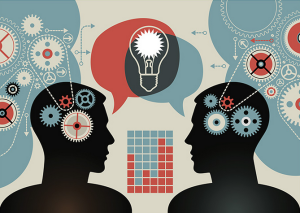 Over the past few weeks, or is it months or is it even years, I have been constantly thinking through how we are learning in our innovation understanding. I have been struggling over this for a long time, looking to create a more compelling narrative and have only realized part of my ongoing difficulties was that I was coming at this the wrong way.
Over the past few weeks, or is it months or is it even years, I have been constantly thinking through how we are learning in our innovation understanding. I have been struggling over this for a long time, looking to create a more compelling narrative and have only realized part of my ongoing difficulties was that I was coming at this the wrong way.
Firstly a narrative should be open-ended, there is no finite resolution yet to innovation understanding and secondly, it is for the intended audience to determine and relate, not the person presenting the narrative. For me, one light bulb went on.
The second light bulb moment came earlier this week. I was reading an article by Josh Bersin, called “the disruption of digital learning: ten things we have learned”. Josh is the founder of Bersin by Deloitte and this article was on one of his LinkedIn Pulse views. It actually stopped me in my tracks, it made me really think and recognize some of my recent shifts in my innovation focus was making real sense. The article alarmed me but it also ‘re-armed’ me.
